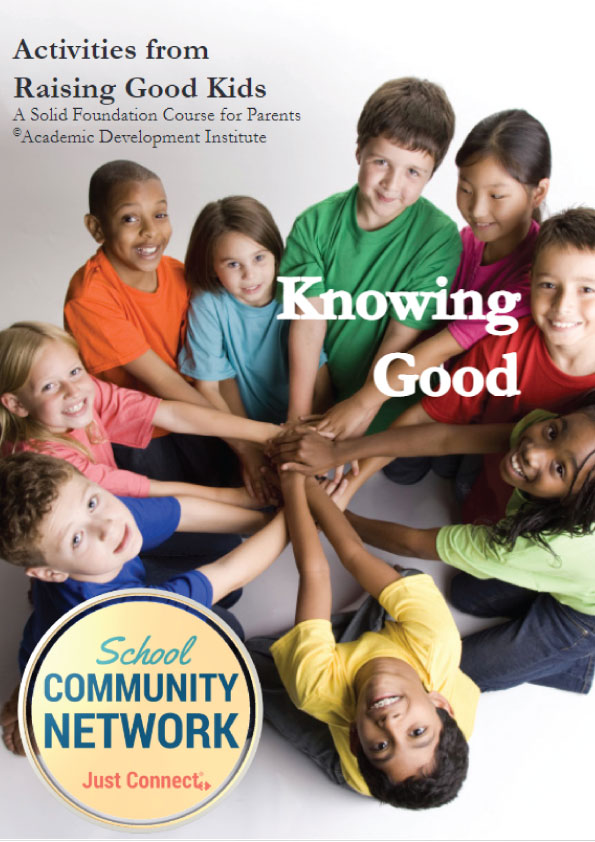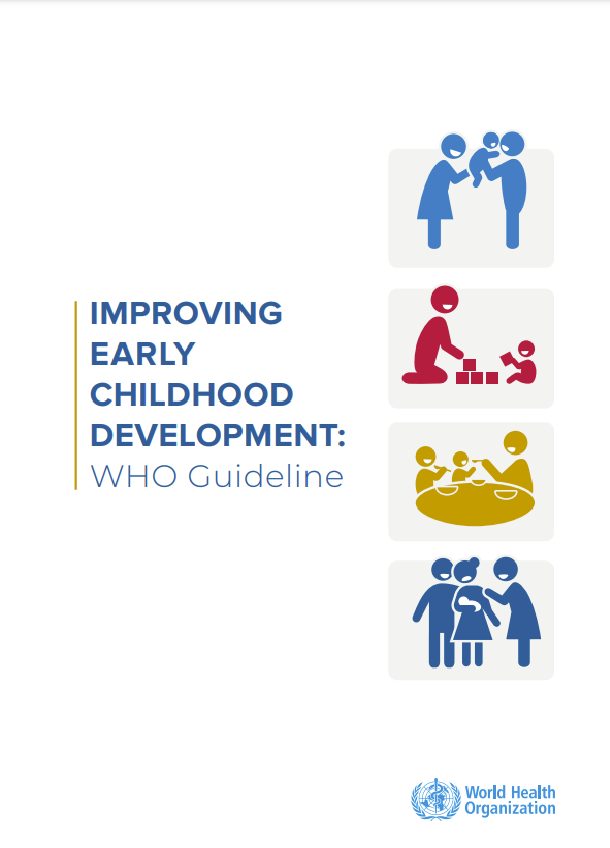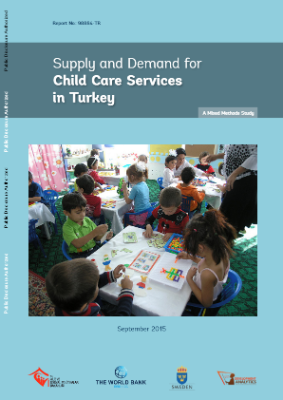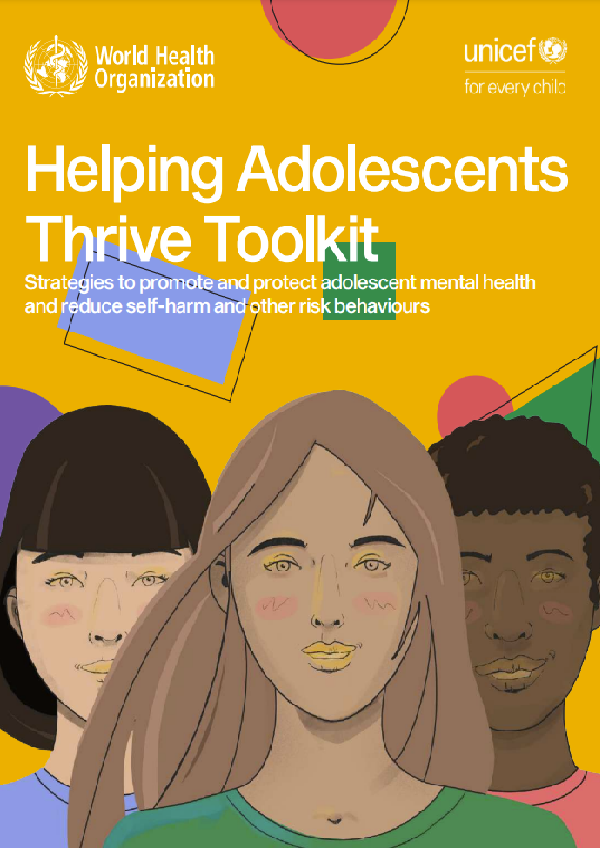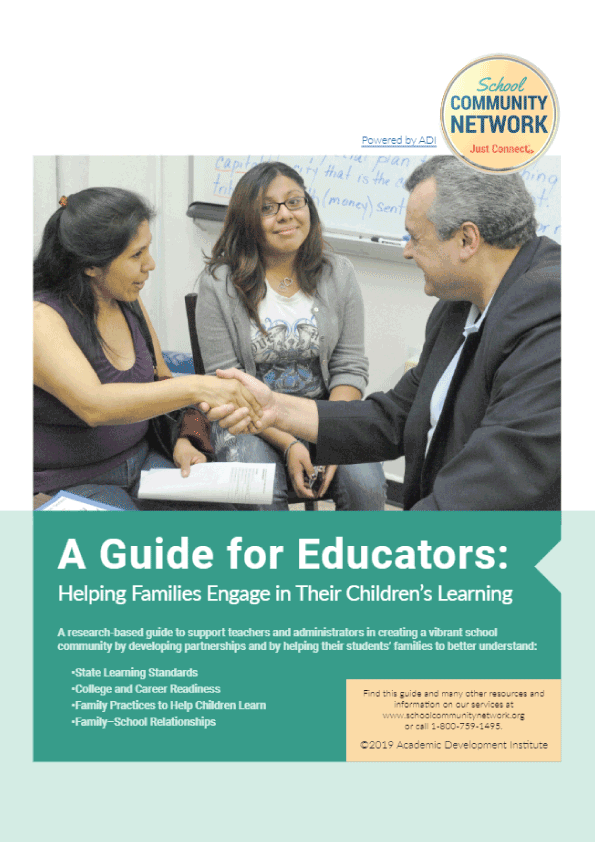We want the best for our children. We want our children to get a good education, and we want them to be good people. We want them to look out for themselves and to be responsible toward other people. We want them to respect themselves and others.
A good kid is one who possesses qualities we admire in people, including ourselves.
Get your family together and brainstorm some qualities you admire in others. One family member can write them down.
Admirable qualities generally fall into three categories: self-respect, respect for other people, and responsibility. These are then shown through many other great characteristics—for example, responsibility is demonstrated in trustworthiness, obedience, reliability, and honesty. Most of the qualities we desire in our children fall under the headings “respect” and “responsibility.”
Family Expectations
A child shows self-respect by attempting to meet standards. Some of the standards children attempt to meet are set by their parents in the form of the parents’ expectations of them.
Watch for examples of respectful and responsible behavior, in yourself as a parent, and in each of your children. Make a note about these examples , not to show anyone, just for yourself. Then talk one-on-one with each child about what you have seen them doing well.
Telling our children personal stories is an excellent way to teach them lessons and strengthen our relationship with them.
Select a photograph of a family or community member with an impressive quality or accomplishment. Show the picture to your children and then tell them what the person did. Talk about the results of these actions.
Books are also a great source of stories that teach children lessons about life. We can inspire them and remind them of those qualities we think are important. When we read or tell stories to our children, the following tips are helpful:
- Eliminate distractions; turn off the TV, put phones away, find a quiet room.
- Find stories that exemplify important aspects of character.
- Find stories that your children might enjoy.
- Tell the stories using expression with your voice and your gestures.
- Talk to your children about the behavior of characters in the story. Ask your children how they would feel in the same situation.
- Share stories you enjoy and have learned from.
When watching TV, movies, or other media with our children, we can make the most of the power of stories by asking our children:
- What did you like about a character?
- What did you not like about a character?
- How would you feel if this happened to you?
- Do you think the characters made the right choices?
- What might have happened if the characters had made different choices?
- What would you have done? Why?
Such a discussion may feel awkward at first. It will get easier as you do it more often as a family. You don’t have to ask every question every time. Pick two or three.
Listening to our children’s stories encourages them to tell stories. Giving them our attention, looking at them when they speak, and responding with expression lets them know their stories are important to us. The simplest story is a recounting of the day’s events. We simply find quiet time with each of our children and say, “Tell me about your day,” and then listen. We then help our children see lessons in their own experiences by asking, “What did you learn?” “What did that experience teach you?”
